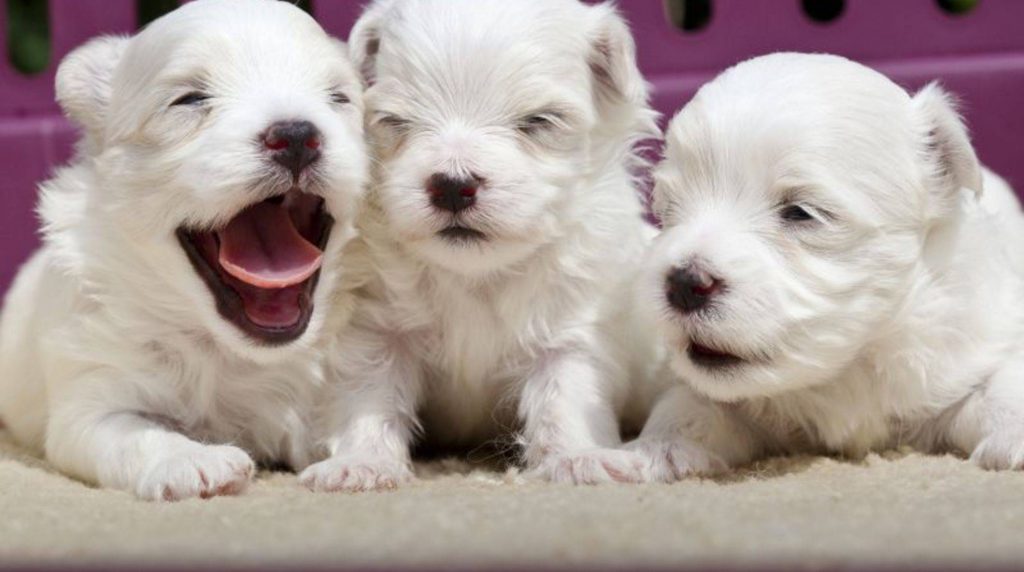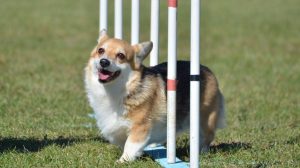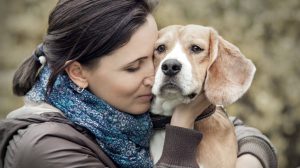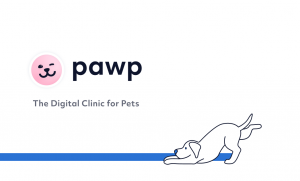Dog babies are enchantingly cute, totally playful – and, above all, they need a lot of care. Only the proper care guarantees the excellent development of the puppies. To ensure this, you should know which action phases the little rascals go through.

Puppies grow up very quickly, learn something new every week, and perceive their environment more. Accordingly, the little bullies should be encouraged in their development. But do you even know what’s going on in the first few weeks?
Puppies are now particularly capable of learning.
The baby dog has usually already had a significant growth spurt by four weeks. But it’s not just on the outside that a lot is changing. The development phase between the fourth and eighth week of life is also called the imprinting phase – and as the name suggests, the necessary groundwork for growing up is laid during this period.
Contact with people and fellow dogs is significant during this time, as it will shape the dog’s later behavior. Nevertheless, the baby dog should under no circumstances be wholly separated from its mother during this time – it is still too early for that. Puppies that grow up isolated in this development phase and get to know little of their environment run the risk of later showing behavioral problems. Therefore, confront your dog with discoveries every day – now he can learn remarkably quickly and absorb many impressions. Dog babies are interested when they are between four and eight weeks old.
Puppies are very social.
The puppies’ eyes, nose, and ears are already fully developed – they perceive their surroundings in a correspondingly diverse way. And this also includes conspecifics: Dealing with social partners is now crucial for development. Playfully fighting with other puppies temperament and personality are formed. In addition, bite inhibition is trained, and the social hierarchy is determined.
This is what four-week-old Labrador puppies look like:
After the imprinting phase, puppies can go to their new homes.
The so-called socialization phase begins for the puppy in the eighth week of life. The little guy is exceptionally bright, curious, and willing to learn – he was taught the most important thing about dog behavior by his mother, his littermates, and other fellow dogs in the household. He is now ready to move into his new family and complete his socialization period there. Unlike cats, dogs are expected to bond closely with their humans and recognize them as the “leader of the pack.” This has nothing to do with having to play the “alpha wolf” but means that you give your dog orientation and security and provide him with everything he needs.
In our guide, “Avoiding mistakes in puppy training: 6 no-gos,” you will find essential tips on what to do with your new four-legged family member.








